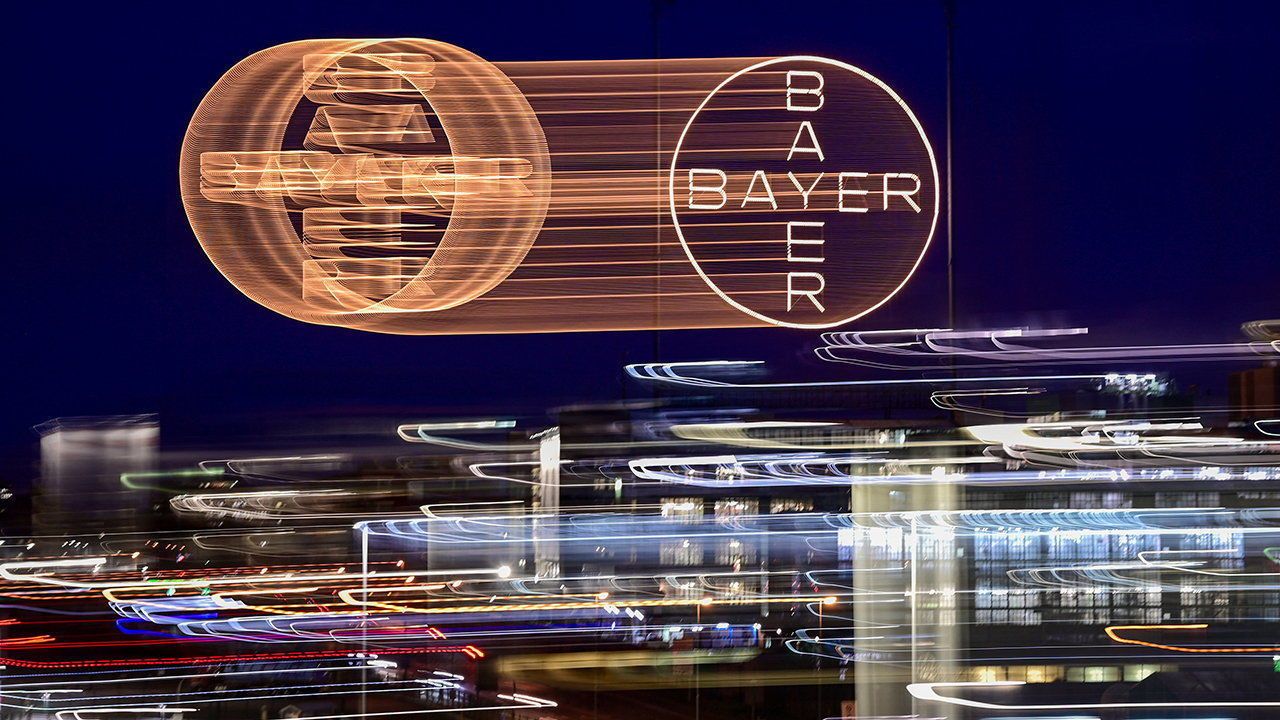- by Amy Yee
- 01 15, 2026
-

-
-
Loading

Loading


ON MARCHTH 6 1899 acetylsalicylic acid, better known as Aspirin, was registered at the imperial patent office in Berlin. The first-ever synthetic drug went on to become one of the world’s most successful medicines. On Aspirin’s 125th birthday its maker, Bayer, is in no mood for schnapps. In the run-up to the presentation of its new strategy and annual results on March 5th, analysts and investors speculated about the radical surgery that Bill Anderson, the newish chief executive, might announce in order to quell chronic crises facing Bayer. Would he, perhaps, split its drug and crop-science businesses? Or spin off the consumer-health unit, which makes Aspirin and other non-prescription staples? “Not now,” Mr Anderson said. But, he clarified, this does not mean “never”.Bayer certainly needs more than a painkiller. Last year it made a net loss of almost €3bn ($3.2bn). Sales fell by 6%. It has torched 70% in shareholder value since June 2018, when it completed the acquisition of Monsanto, an American agrochemical giant (see chart). If the company is to recover, Mr Anderson must first and foremost undo that deal’s toxic legacy.